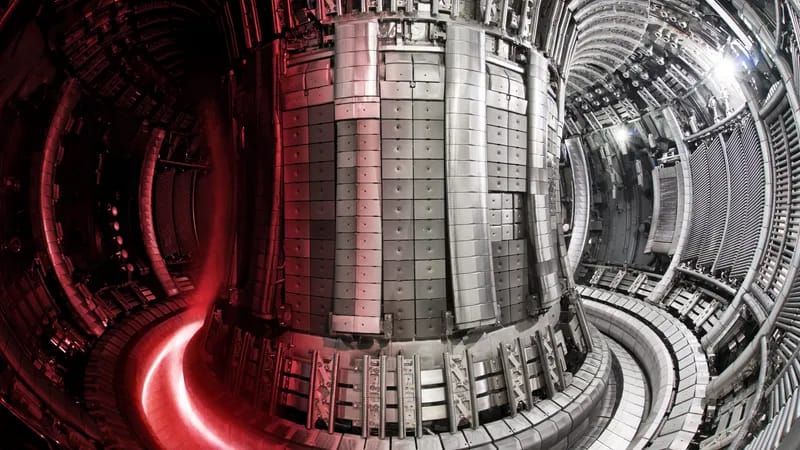A reader has a question that looks like it would be interesting to talk about. The IFLScience reader questioned, “An object in motion stays in motion in space, right?” “So if you banged a tuning fork in space would it produce the vibrations forever?”
You probably have an instinctual sense that this shouldn’t be feasible without even trying to investigate it. The laws of thermodynamics prohibit perpetual motion machines, which is what would happen if it continued indefinitely.
In particular, it would go against the second rule, which asserts that heat always moves “downhill” from hotter to cooler parts and that an isolated system’s entropy increases with time. In real terms, it indicates that part of the energy that is moved and changed is dispersed and “wasted,” such as heat loss through friction. What specific mechanism applies to a tuning fork as there seems to be no reason for it to be an exception to this law?
The tuning fork’s vibrations and sound (on Earth) are caused by internal friction, which persists even in near-vacuum space, far from the friction of our atmosphere.




